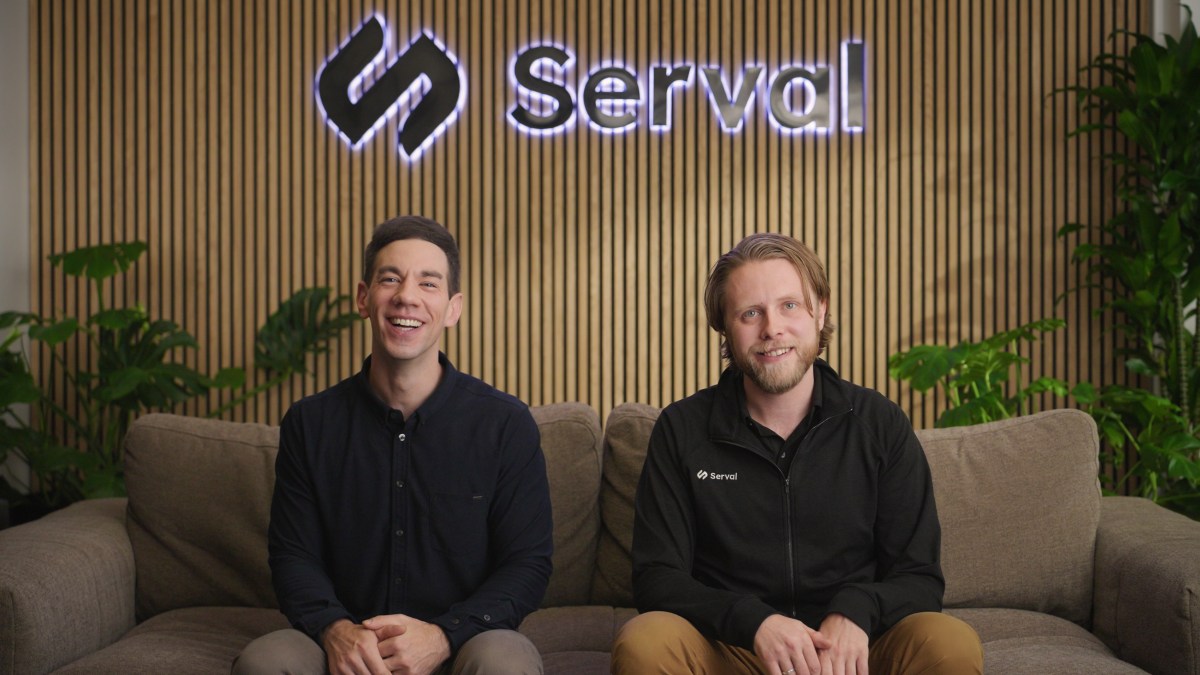Serval Secures $47M Series A to Deploy Agentic AI for IT Service Management

Key Points
- Serval raised $47 million in a Series A round led by Redpoint Ventures.
- Investors include First Round, General Catalyst and Box Group.
- Customers such as Perplexity, Mercor and Together AI are already using the platform.
- The product uses a two‑agent system: one builds deterministic tools, the other executes them under strict policies.
- Managers set granular permissions, including MFA and time‑bound constraints.
- The design prevents rogue actions by refusing requests without an approved tool.
- CEO Jake Stauch emphasizes safety and controllability as core principles.
- Funding will support scaling, integrations and broader market adoption.
Enterprise AI startup Serval announced a $47 million Series A round led by Redpoint Ventures, with participation from First Round, General Catalyst and Box Group. The funding backs Serval’s unique two‑agent architecture that uses deterministic, permission‑driven tools to automate IT service tasks while keeping human managers in control. Clients such as Perplexity, Mercor and Together AI are already using the platform. CEO Jake Stauch emphasized the focus on safety, explaining how the system avoids rogue actions by limiting agents to pre‑approved tools and granular approval workflows.
Funding Milestone and Investor Support
Serval, an enterprise‑focused artificial intelligence company, closed a $47 million Series A financing round. The round was led by Redpoint Ventures and included participation from First Round, General Catalyst and Box Group. The capital infusion is aimed at expanding Serval’s platform that applies agentic AI models to streamline IT service management for large organizations.
Strategic Customer Base
Even before the financing, Serval had secured a roster of high‑profile customers, including AI‑centric firms such as Perplexity, Mercor and Together AI. These early adopters are leveraging Serval’s technology to automate routine IT processes, demonstrating market traction among companies that understand both the promise and the risks of advanced AI.
Two‑Agent Architecture: Building Tools and Using Them
At the core of Serval’s offering is a split‑agent design. One agent functions as a “tool builder,” automatically generating code for internal automations like software authorization, device provisioning, password resets and other routine tasks. The second agent acts as a “help‑desk assistant,” responding to end‑user requests by invoking the pre‑built tools under a set of predefined rules.
This separation allows IT managers to maintain oversight. When a tool is created, managers configure permission policies—such as multi‑factor authentication requirements, time‑bound usage windows, or action‑specific constraints—that the help‑desk agent must obey. Because the tools themselves are deterministic, the policies are enforceable and auditable, reducing the chance of unintended behavior.
Safety Controls and Rogue‑AI Mitigation
Serval’s CEO Jake Stauch highlighted safety as a primary design goal. Rather than deploying a single, omnipotent AI assistant that could execute any command, Serval limits the help‑desk agent to actions for which a deterministic tool exists. For example, the system would refuse a request to delete all company data, responding instead that no tool exists for that operation, while still offering legitimate functions like password resets.
This approach creates a clear line of defense against rogue AI actions. The deterministic nature of the tools enables granular permission settings, and any policy changes can be rapidly implemented by the tool‑building agent, ensuring that security updates propagate quickly across the organization.
Market Implications and Future Outlook
By combining the scalability of agentic AI with strict control mechanisms, Serval aims to address a key concern among enterprise customers: how to reap AI productivity gains without sacrificing governance. The $47 million funding round provides resources to scale the platform, deepen integrations with existing IT ecosystems, and expand the customer base beyond its early adopters.
Industry observers view Serval’s model as a pragmatic path forward for AI‑driven automation in high‑risk environments. With venture backing and a growing list of reputable clients, Serval is positioned to influence how organizations adopt AI for internal operations while maintaining rigorous oversight.